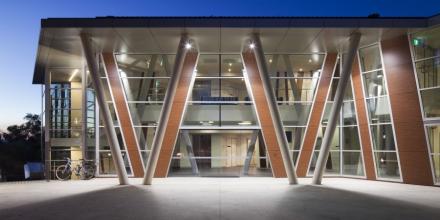Indigenous associations and public goods provision: experimental evidence from Grins in Mali

Event details
ACDE Seminar
Date & time
Venue
Speaker
Contacts
What roles can social clubs, groups or associations play in the provision of public goods? In many developing countries, the under-provision of public goods by the state is commonplace. The lack of provision leaves room for non-state actors to contribute to the welfare of local communities through redistribution, social protection and, in some cases, the delivery of basic goods such as sanitation, education, security and infrastructure. In this context, they can make modest contributions to the welfare of their communities and are sometimes important conduits for economic development initiatives at the grassroots level. Previous studies demonstrate that indigenous groups and associations can generate public goods.
This paper examines the potential provision role of informal indigenous associations called Grins. In a field experiment, we compare the treatment effects of different thresholds in a step-level public goods game conducted in three environments: within grins, with randomly selected members from different grins and with randomly selected non-members. To date, most of the experimental literature on step-level public goods games has used minimal groups, often in lab settings. To our knowledge, we provide the first evidence of a step-level public goods games played by group members and non-members in a developing country.
Updated: 28 July 2024/Responsible Officer: Crawford Engagement/Page Contact: CAP Web Team






